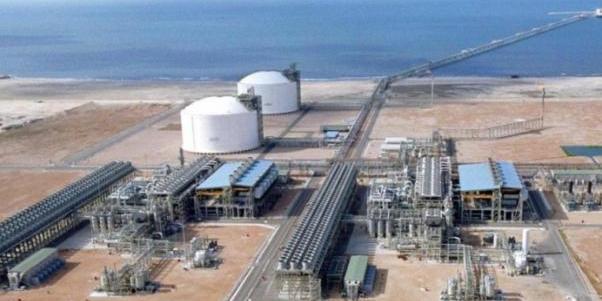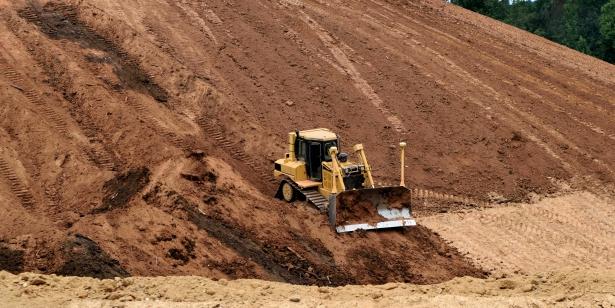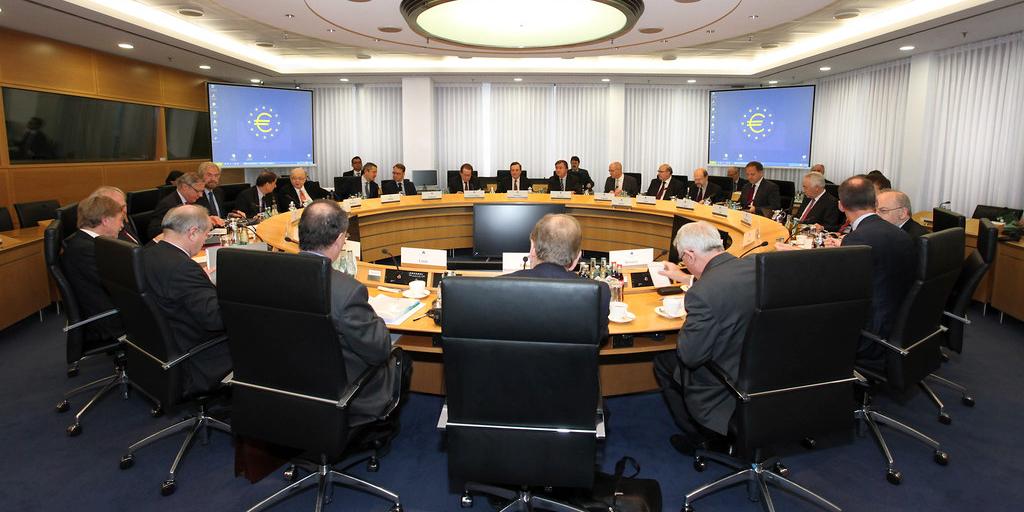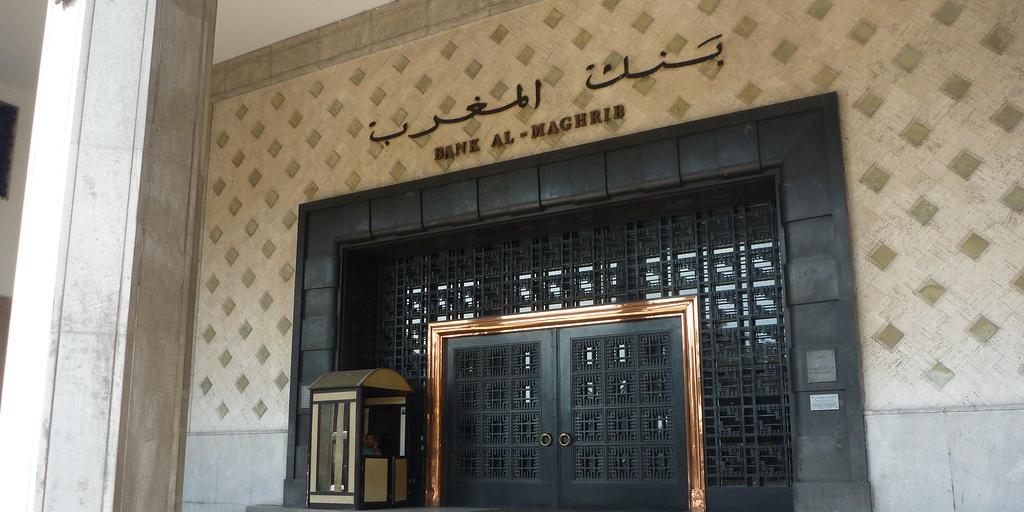Egypt signs agreement with Lebanon, Syria to supply natural gas
- 22 June 2022 / News / 471 / Fares RAHAHLIA

Egypt, Lebanon and Syria signed Tuesday an agreement to transport 650 million cubic meters of gas annually from Egypt to Lebanon via Syria, in a ceremony held at the Lebanese Ministry of Energy in Beirut.
Under the agreement, the gas will be pumped through a pipeline to the Deir Ammar power station in northern Lebanon, where it can add about 450 megawatts to the grid, equivalent to about four additional hours of electricity per day.
Allthough an agreement between the Arab Gas Pipeline countries "Egypt, Jordan, Syria and Lebanon" was reached in September 2021, to deliver Egyptian natural gas to Lebanon via Jordan and Syria, the signing of the deal has been postponed for several months as Egypt was waiting for the US approval to have guarantees that the US Caesar Act’s financial sanctions on Syria would not negatively impact the deal because the Egyptian gas shall pass through Syrian and Jordanian territories to reach Lebanon.
Lebanon suffers from power outages of up to 20 hours a day, and has been facing economic and political problems for years, exacerbated by the explosion of the Port of Beirut and the outbreak of the coronavirus, causing financial crises that prevented its ability to import major commodities, including the fuel necessary to operate power stations.
The Arab Gas Pipeline project was implemented in three phases, the first from Al-Arish to Aqaba, the second from Aqaba to the Rehab region in northern Jordan and then to the Syrian border, and the third stage inside Syrian territory to the city of Homs.
The export of Egyptian natural gas to Lebanon via Jordan began in December 2009, until it was stopped in 2011.
Who will pay for exporting the gas to the Lebanese lands?
Lebanon suffers from a crisis in fuel and electricity within a severe economic crisis, which makes room for questioning who would pay for exporting the gas to the Lebanese lands.
Previously, the US Ambassador to Lebanon, Dorothy Shea, announced that negotiations are underway with the World Bank to secure financing for the price of Egyptian gas to Lebanon, repair and strengthen electricity transmission lines and carry out the required maintenance of gas pipelines.
The transfer of Egyptian gas through Jordan and Syria to northern Lebanon will be facilitated, according to Shea.
Egyptian gas contributes to feeding the Deir Ammar plant in northeastern Lebanon, with a capacity of about 450 megawatts, according to the Lebanese Minister of Energy and Water, Raymond Ghajar.
Deir Ammar lab provides more than 4 hours of electrical power supply to the Lebanese citizens.
The Arab gas pipeline
The Arab Gas Pipeline (AGP) started in late 1990 planning for the extension of 1,200 kilometers of the Arab gas pipeline that aims at delivering the Egyptian gas to Jordan, Syria and Lebanon. Egypt initiated the pumping with 28 million cubic meters of gas daily to Lebanon in 2009.
AGP was implemented in three phases, starting from Al-Arish to Aqaba, with a length of 265 km and a capacity of 10 billion m3 annually. The supply of natural gas from Egypt to Jordan under this phase began in mid-2003.
The second phase extended from Aqaba to the Rehab area in northern Jordan with a length of 393 km. The supply of gas to power plants in the north of the Hashemite Kingdom began in February 2006, while the second phase from Rehab to the Jordan-Syria border was completed with a length of 30 km in March 2008.
The southern part of the third phase was implemented inside the Syrian territory, extending from the Jordanian-Syrian border to the city of Homs with a length of 320 km and was put into operation in July 2008.
Exporting Egyptian natural gas to Lebanon via Jordan began in 2009, until it stopped in 2011 after pipelines were damaged during the Syrian civil war and sabotage attacks.
Syrian Minister of Oil and Mineral Resources Bassam Tohmy considered the Arab Gas Pipeline project one of the most important joint Arab cooperation projects.
Syria agreed to transfer Egyptian gas and Jordanian electricity to Lebanon through lines that pass through Syrian territory.
source: Egypt today
 English
English
 français
français
 العربية
العربية







